The next of a few problematic statements from Barack Obama’s 60 Minutes interview comes to us from The Weekly Standard, which catches Obama in an least an unfortunate bit of phraseology. Steve Kroft asks Obama whether the attacks on American embassies around the Muslim world, and especially in Libya and Egypt following Obama’s military and diplomatic interventions, had changed his mind about the Arab Spring. Obama gives a you-gotta-break-a-few-eggs-to-make-an-omelette response that’s pretty inappropriate, considering the outcome in Benghazi:
Well, I’d said even at the time that this is going to be a rocky path. The question presumes that somehow we could have stopped this wave of change. I think it was absolutely the right thing for us to do to align ourselves with democracy, universal rights– a notion that– people have- to be able to– participate– in– their own governance. But I was pretty certain and continue to be pretty certain that there are going to be bumps in the road because– you know, in a lot of these places– the one organizing principle– has been Islam. The one part of society that hasn’t been controlled completely by the government. There are strains of extremism, and anti-Americanism, and anti-Western sentiment. And you know can be tapped into by demagogues. There will probably be some times where we bump up against some of these countries and have strong disagreements, but I do think that over the long term, we are more likely to get a Middle East and North Africa that is more peaceful, more prosperous and more aligned with our interests.
In the longer answer, Obama says that he didn’t have much choice in the matter — but that’s not true at all. Obama actively pushed Hosni Mubarak to give up power a mere eight days after protests started in Tahrir Square, even though the government hadn’t done anything to suppress them. Obama made the decision to bomb Libya and depose Moammar Qaddafi militarily, which had the unfortunate and totally predictable consequence of allowing al-Qaeda and other radical Islamist terror networks (Ansar al-Sharia, especially) carte blanche to operate in the eastern part of the country. In both countries, Obama allowed critical power vacuums to arise that could only be filled by radical groups like the Muslim Brotherhood and these terror networks.
The violence isn’t a mere “bump in the road,” and neither are the rise of these groups to power. They are going to be national-security concerns for the next several decades. That’s the outcome we wanted to avoid, and the one reason why we allied ourselves with Mubarak and ended up in an arms-length relationship with Qaddafi. The assassination of Ambassador J. Christopher Stevens and the sacking of the Benghazi consulate weren’t “bumps in the road,” either, unless one thinks that kind of thing is normal even between diplomatic antagonists.
Finally, listen to Obama explain about how democratization trumped American security concerns in the region and the calculus of our alliances. With that in mind, care to guess what the Saudis might be thinking? I’d guess that they’re recalculating their own alliances to avoid becoming “bumps” in Obama’s road.

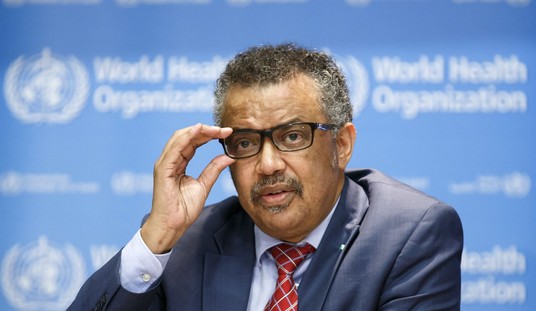
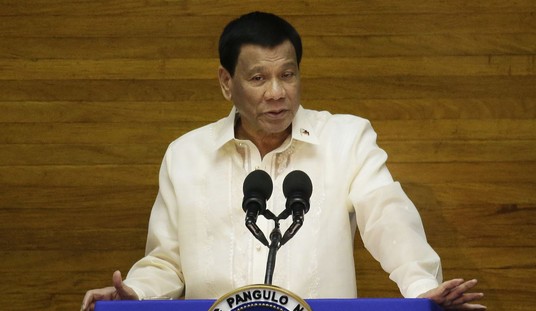
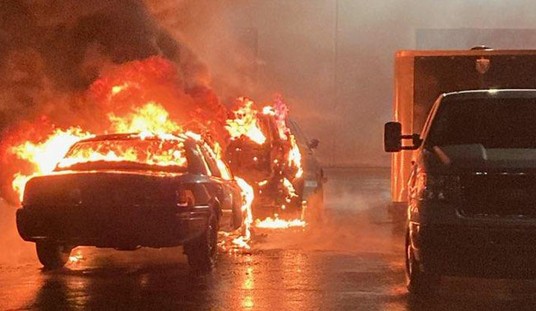

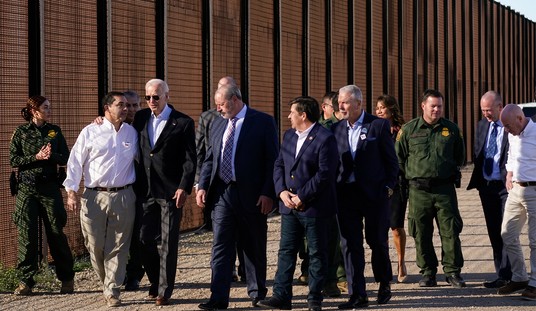
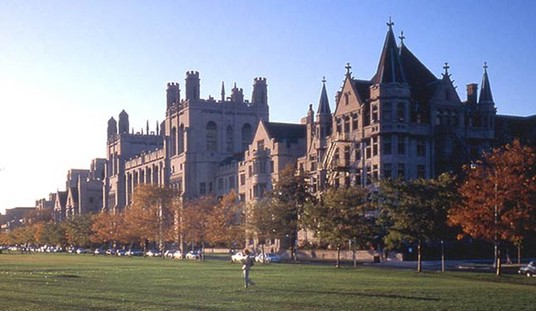
Join the conversation as a VIP Member